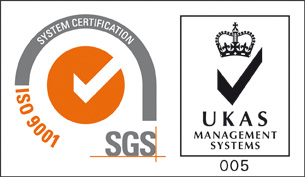UNCAC Coalition alarmed over arrest of leading Algerian anti-corruption activist
The UNCAC Coalition of CSOs, is deeply concerned about the arrest and continuing detention of Algerian anti-corruption activist Djilali Hadjadj. Hadjadj was arrested on Sunday 5 September 2010 at the airport in the north-eastern city of Constantine and as of last information is still being held by police prior to being charged. The UNCAC Coalition calls on the Algerian government to abide by its international law obligations regarding due process and proper treatment of detainees
Hadjadj is the president of a local anti-corruption organisation « L’Association algérienne de lutte contre la corruption> (AACC), an outspoken advocate who recently expressed critical views concerning corruption in Algeria and government actions on the issue. His organisation is a member of the UNCAC Coalition, a global network of civil society organisations.
In November 2009, the Algerian Government blocked Mr. Hadjadj’s organisation from being represented at the 3rd Conference of States Parties for the UN Convention against Corruption which took place in Doha. Djilali Hadjadj, now under arrest, was present at the 2nd UNCAC Conference in Indonesia in early 2008 and spoke on a panel about the need for protection of anti-corruption advocates and about his experiences with the Algerian Government. (Video film of parts of his presentation is available.)
Although a local human rights organisation confirmed that Hadjadj has been in contact with his lawyer and wife, the Coalition is worried about his security, particularly in light of concerns over his health. According to family members, Hadjadj will be transferred today to Algiers, where a formal arraignment before a judge is expected. The activist was due to be transferred to the capital on Monday 06 September but the transfer is now scheduled to take place today.
For years, Hadjadj has worked to prevent and stop corruption in Algeria, with a critical but constructive stance. The Coalition calls upon the Algerian government to ensure a fair and transparent process in line with international standards.
 home
home
 Print this page
Print this page TI Romania
TI Romania
